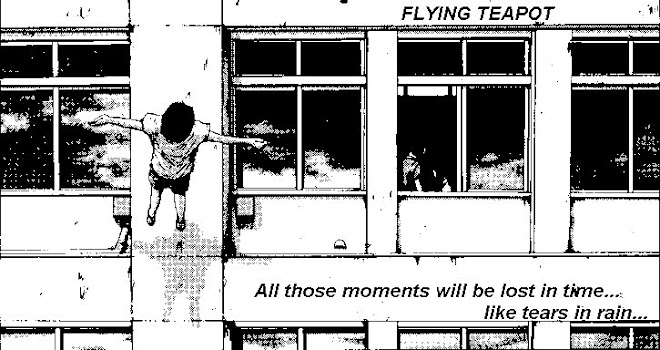Riding on a solid debut album and garnering decent attention the band went on and made a second album two years after their first one. In two years time they absolutely refined and polished their sound up to near perfection.
The vocals are even more insane and impactful than on the first album and the guitar parts got even more wilder and spastic. The interplay between the vocals and the guitars is constantly going on and each is competing to outdo the other. It's almost like a jazz cutting contest at times. The album opens with a song that is a summary of everything that this band is and is probably the best song they ever recorded. As opposed to the first album which ha more of a uncut gem feel this album offers much catchier and more recognizable songs. Most of them seem impactful and more aptly composed. There's nothing that the first album does that this one does lousier. Even tho this one is a clear improvement I still think the first one also offers a good chunk of enjoyment.
Psycroptic after this album sadly parted ways with their vocalist which obviously damaged the developed experience gained making these tracks but I think they are doing well for themselves. I sometimes listen to their later album (Observant is alright and so is the follow up to this one) but generally it's not my cup tea anymore. We still have these two so better something than nothing!













